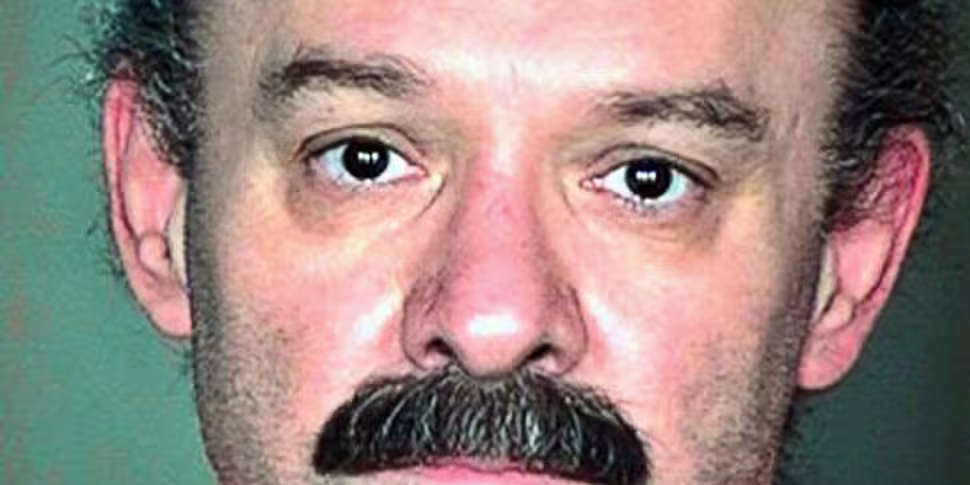Updated 10.42
A murderer in the United States was "gasping and snorting" for more than an hour before dying nearly two hours after his execution began.
Lawyers for the Arizona killer had filed an emergency appeal in federal court during the execution, demanding it be stopped and saying "He is still alive".
The office of Attorney-General Tom Horne said Joseph Rudolph-Wood (55) was pronounced dead at 3:49pm local time, one hour and 57 minutes after the lethal injection process started - meaning it took 12 times longer than normal for him to die.
Defence lawyer Dale Baich called it a botched execution that should have taken 10 minutes. The state's Department of Corrections director Charles Ryan said he had been assured during the execution that Wood was "never in pain or distress".
A full review of the state's execution process has now been ordered. Wood was sentenced to death for killing Debra Dietz and her father, Eugene Dietz, in 1989 at the family's automotive shop in Tucson.
When she ended their strained relationship, Ms Dietz got an order of protection against Wood. On the day of the murders, Wood went to the shop and waited for Mr Dietz to get off the phone before shooting him dead with a revolver and smiling.
Wood then grabbed Ms Dietz, who was trying to call for help, by the neck and put his gun to her chest.
She begged him to spare her life, but another employee heard Wood telling her "I have to kill you". Wood called her an expletive and shot her twice in the chest.
Family members of the victims - including Jeanne Brown - say they have no problem with the way it was carried out:
The US Supreme Court denied several appeals by Wood, including one on the basis that his First Amendment rights were violated when the state refused to reveal details of his execution, such as the supplier of the drugs.
There has been increased scrutiny surrounding lethal injections following other botched executions. States have refused to reveal which pharmacies are supplying lethal injection drugs and who is administering them because of fears of harassment.
Michael Kiefer was a media witness:









